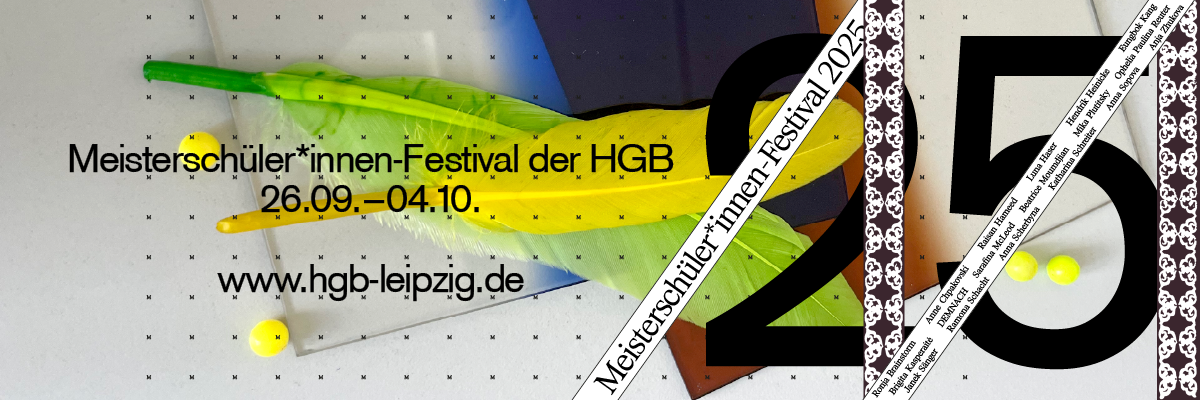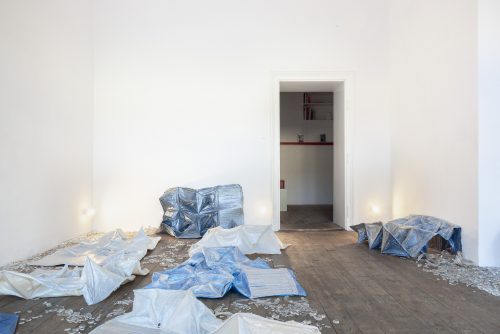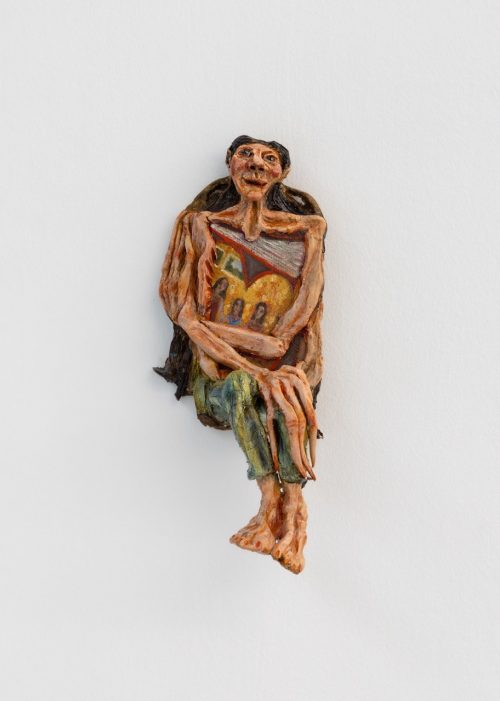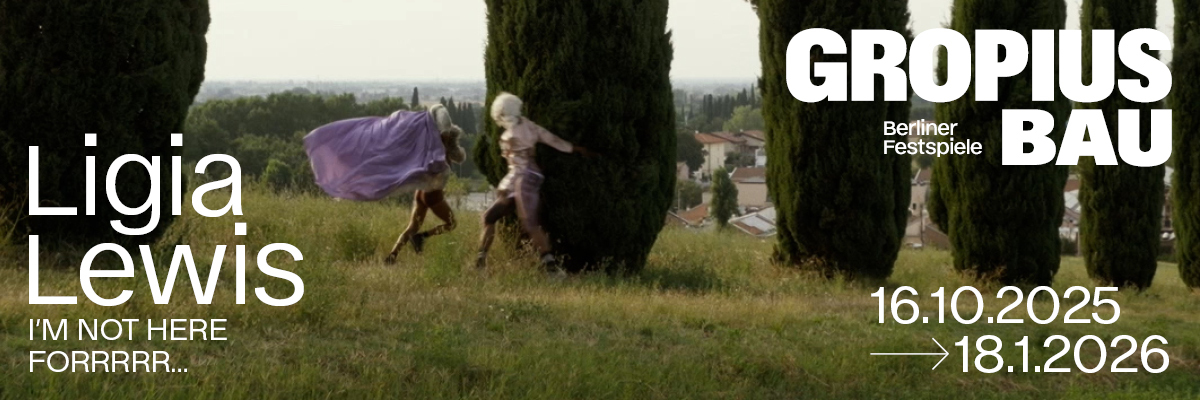
Joanna Fluder
Slime
Project Info
- 💙 Zachęta – National Gallery of Art in Warsaw
- 💚 Michalina Sablik
- 🖤 Joanna Fluder
- 💛 Maciej Landsberg
Share on
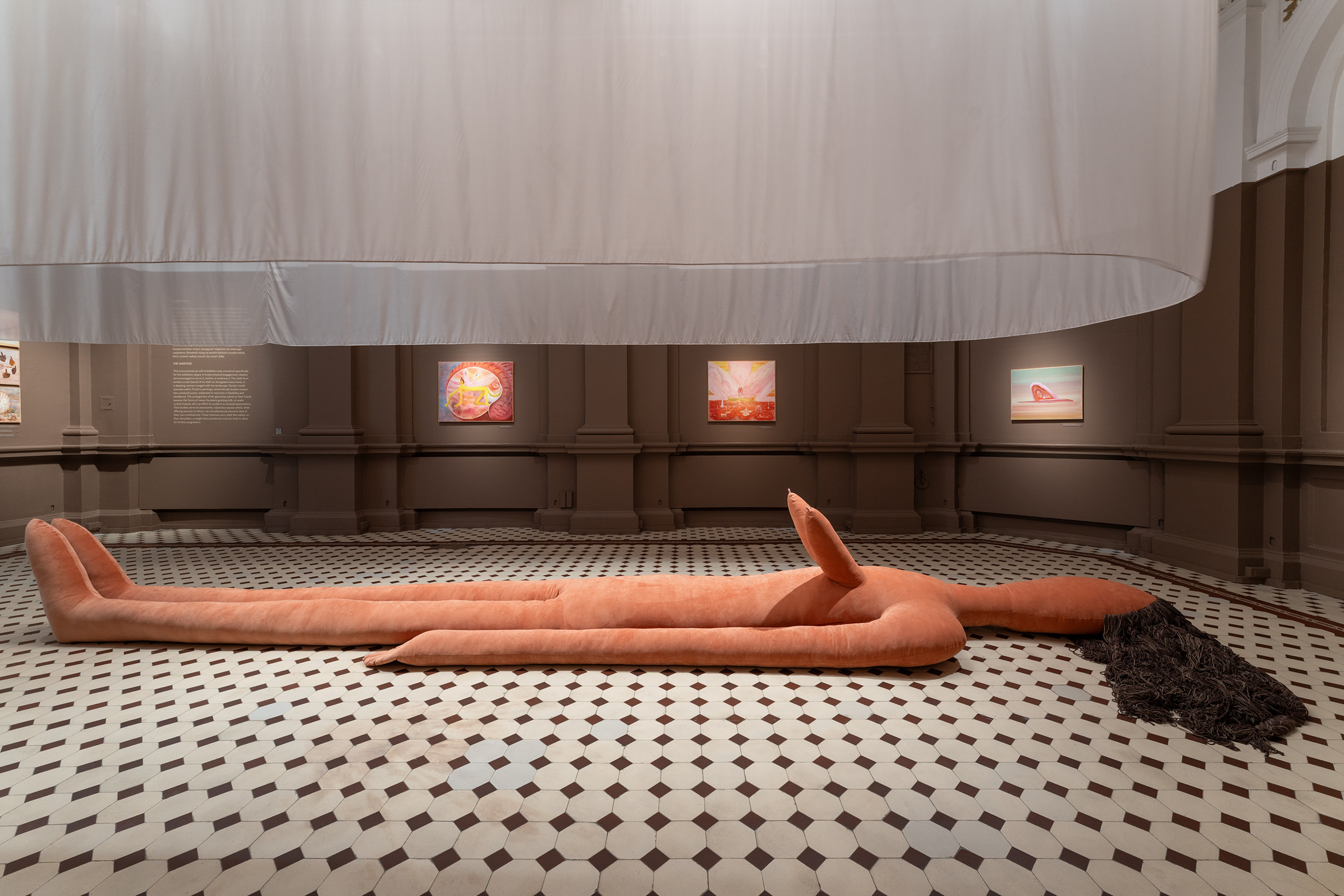
The Giantess, 2025, installation, exhibition, Joanna Fluder. Slime, Zachęta – National Gallery of Art., 25.07- 19.10.2025, photo by Maciej Landsberg/Zachęta archive, CC BY – SA
Advertisement
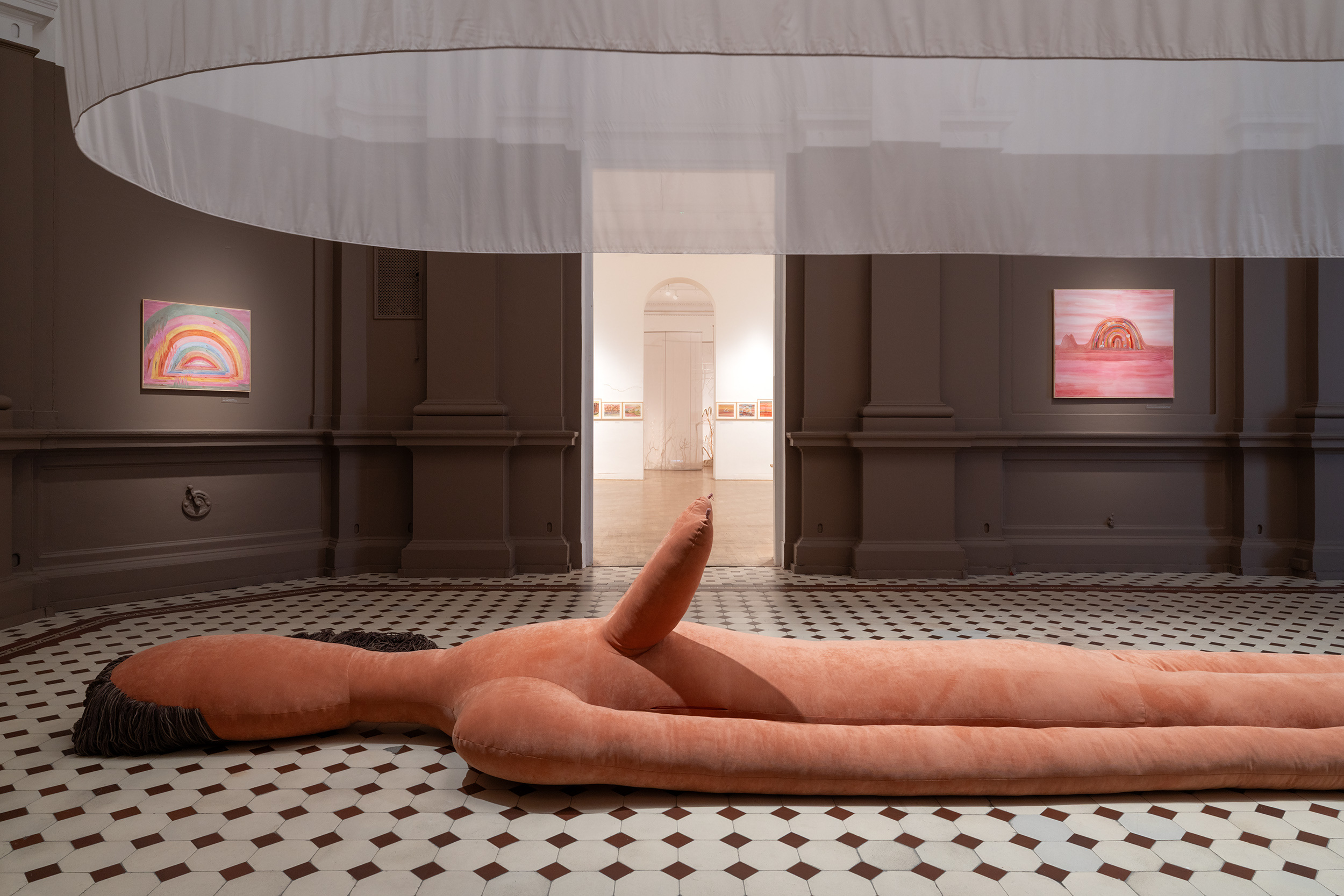
The Giantess, 2025, installation, exhibition, Joanna Fluder. Slime, Zachęta – National Gallery of Art., 25.07- 19.10.2025, photo by Maciej Landsberg/Zachęta archive, CC BY – SA
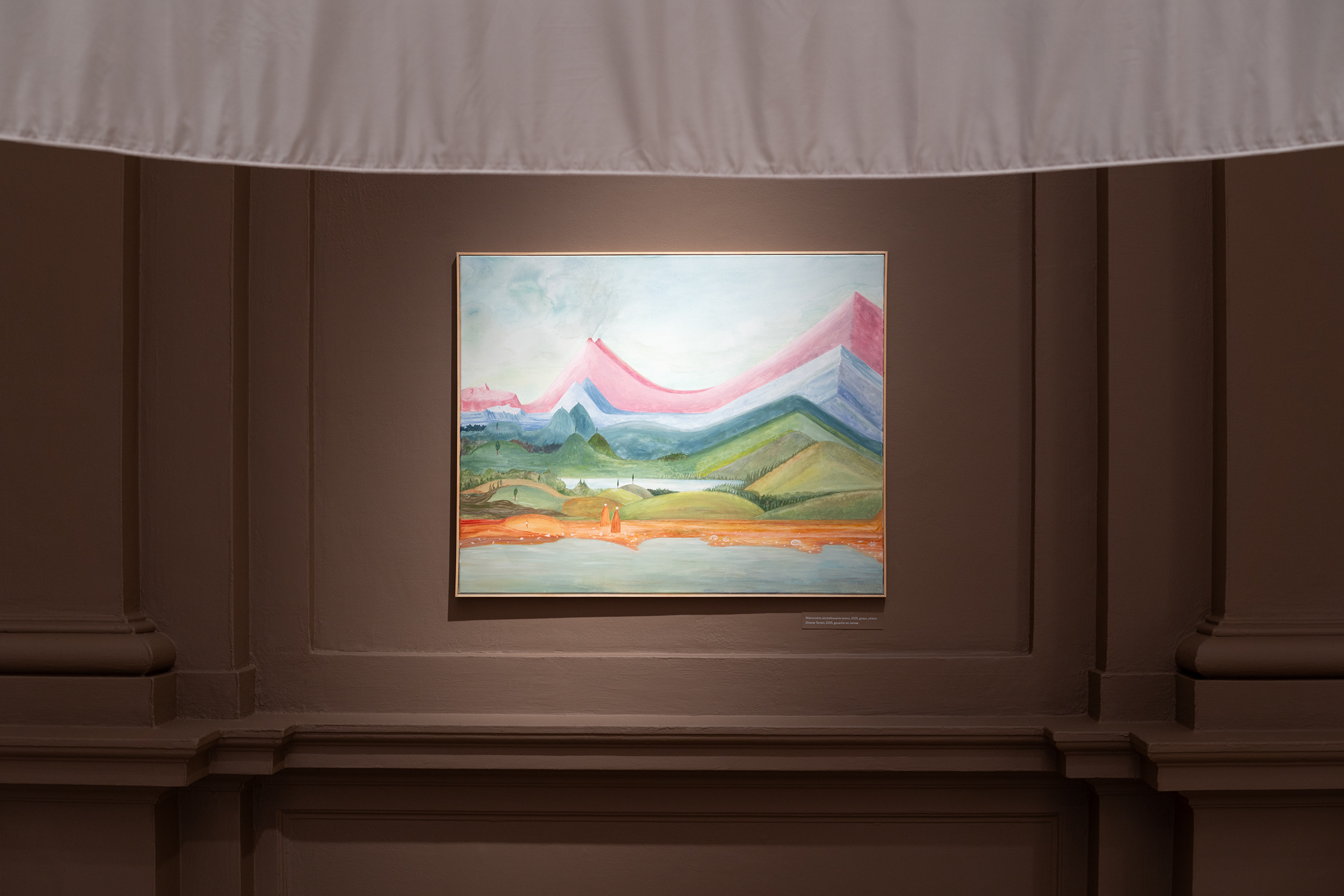
Diverse Terrain, 2025, gouache on canvas,exhibition, Joanna Fluder. Slime, Zachęta – National Gallery of Art., 25.07- 19.10.2025, photo by Maciej Landsberg/Zachęta archive, CC BY – SA
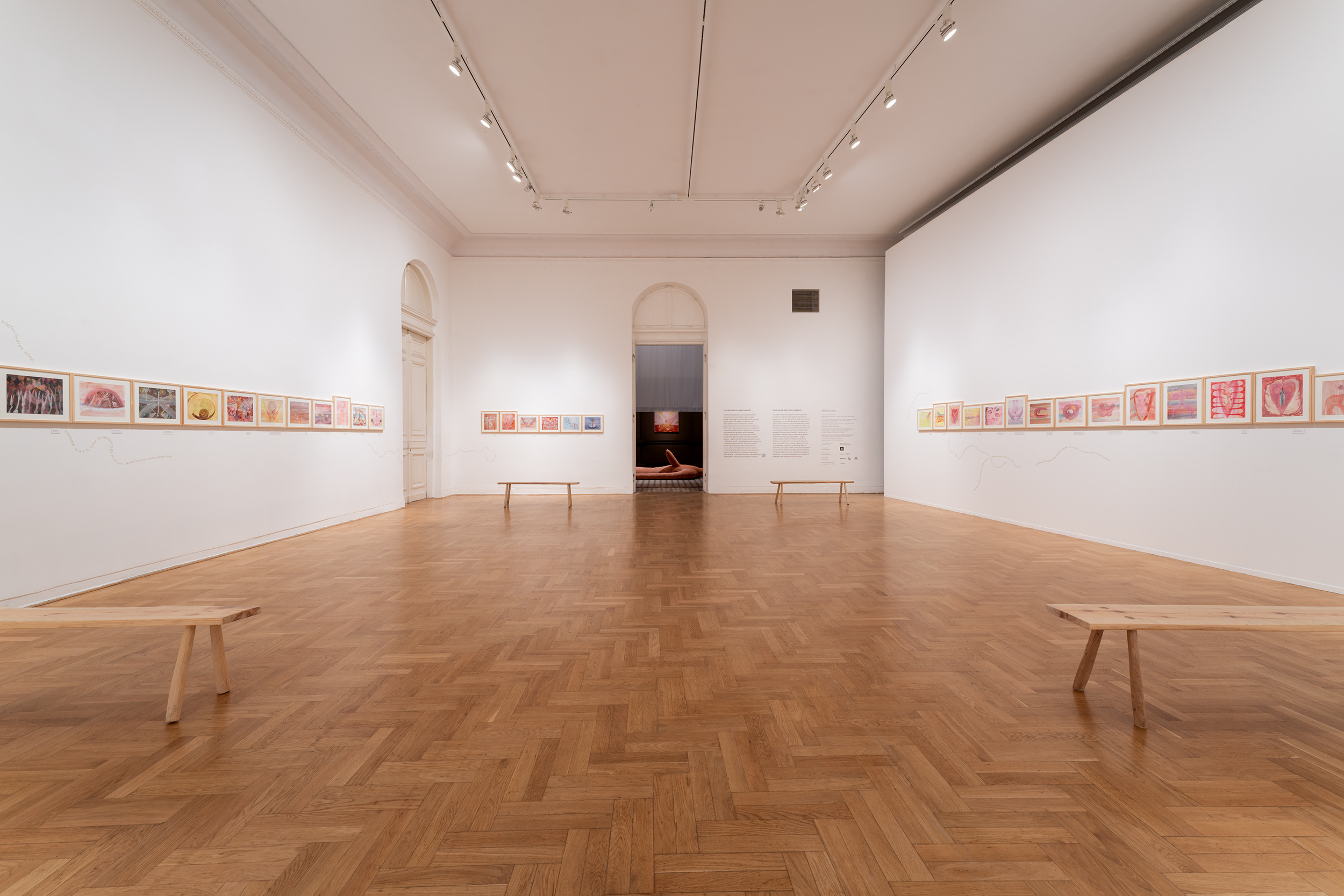
Exhibition view, Joanna Fluder. Slime, Zachęta – National Gallery of Art., 25.07- 19.10.2025, photo by Maciej Landsberg/Zachęta archive, CC BY – SA
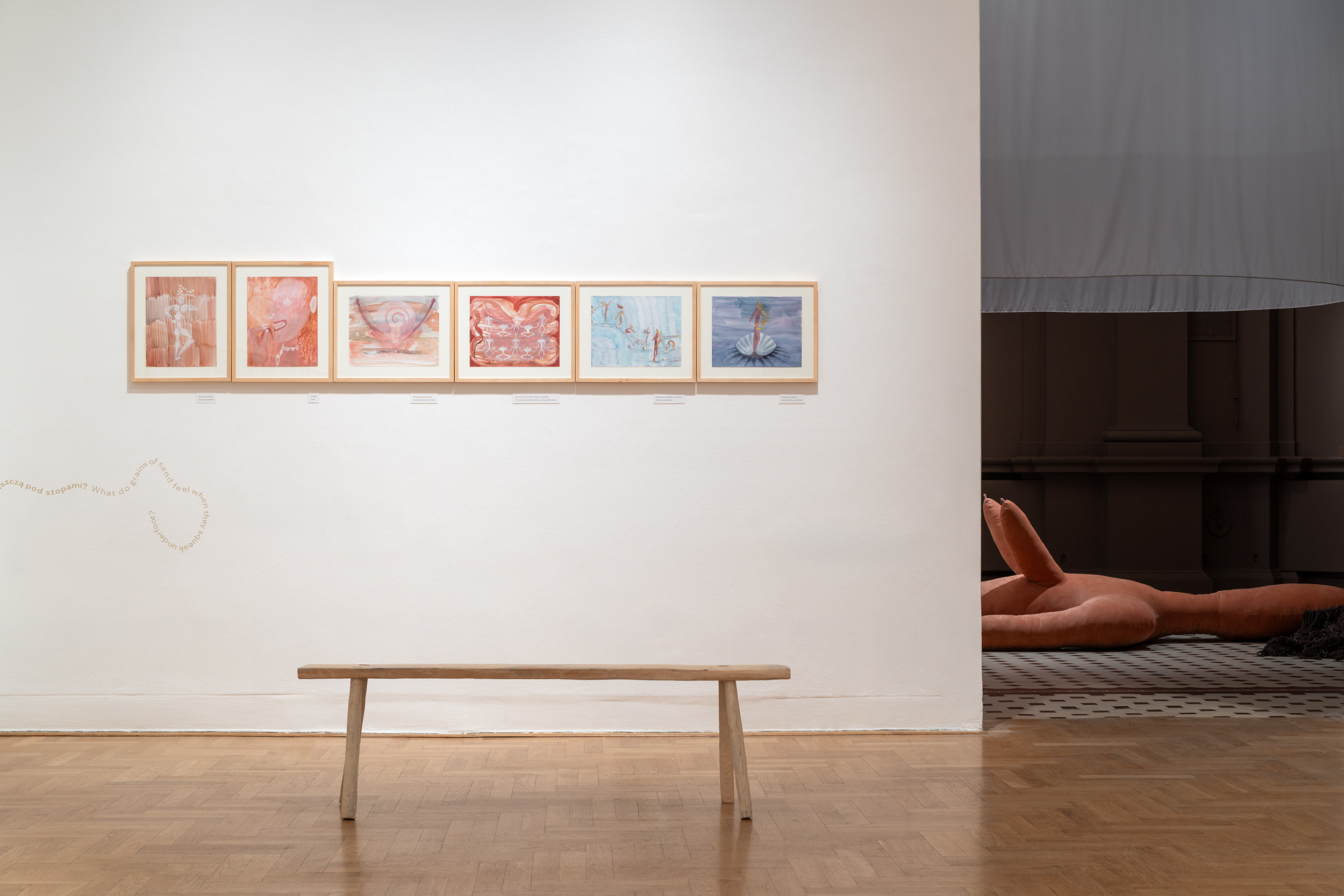
Exhibition view, Joanna Fluder. Slime, Zachęta – National Gallery of Art., 25.07- 19.10.2025, photo by Maciej Landsberg/Zachęta archive, CC BY – SA
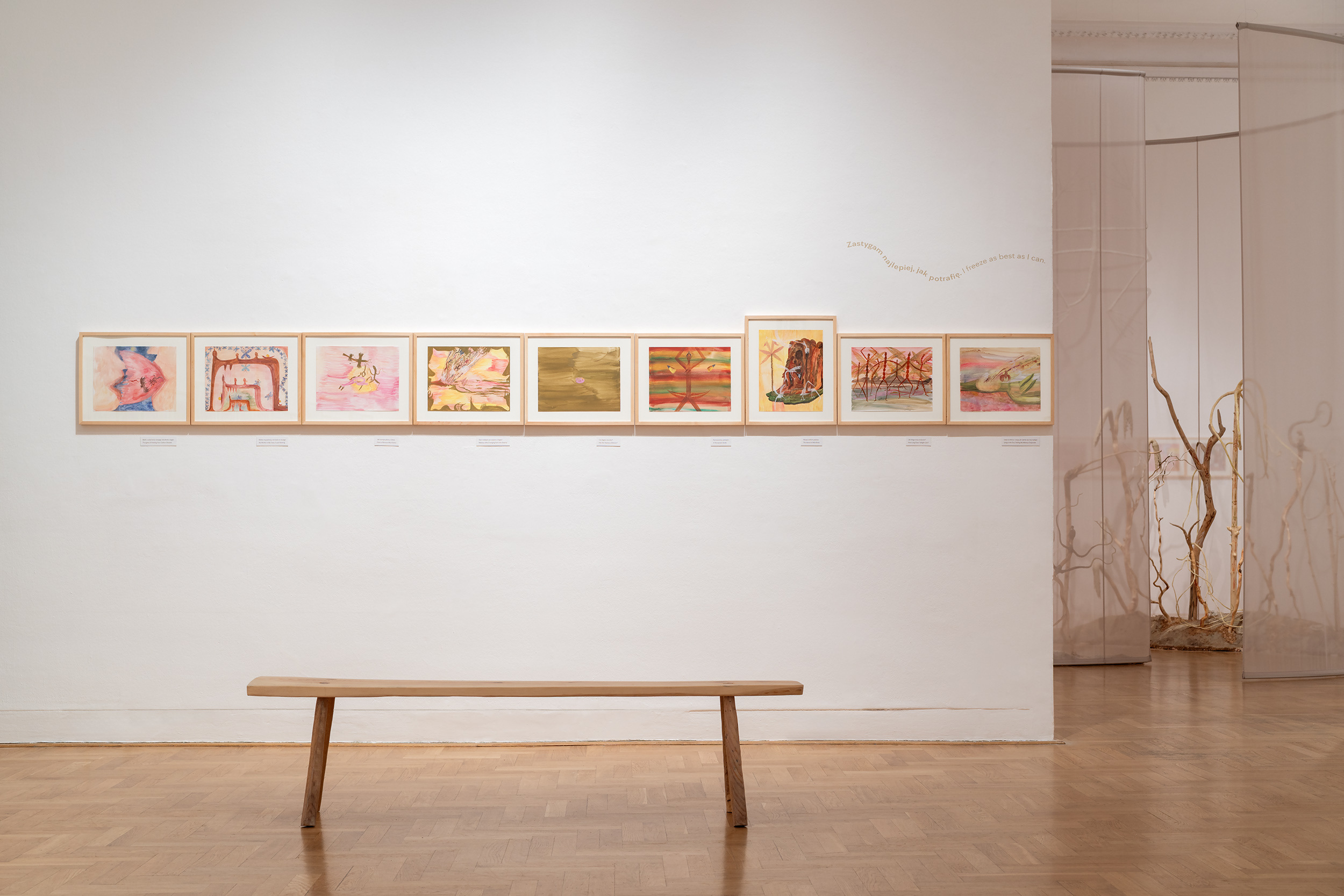
Exhibition view, Joanna Fluder. Slime, Zachęta – National Gallery of Art., 25.07- 19.10.2025, photo by Maciej Landsberg/Zachęta archive, CC BY – SA
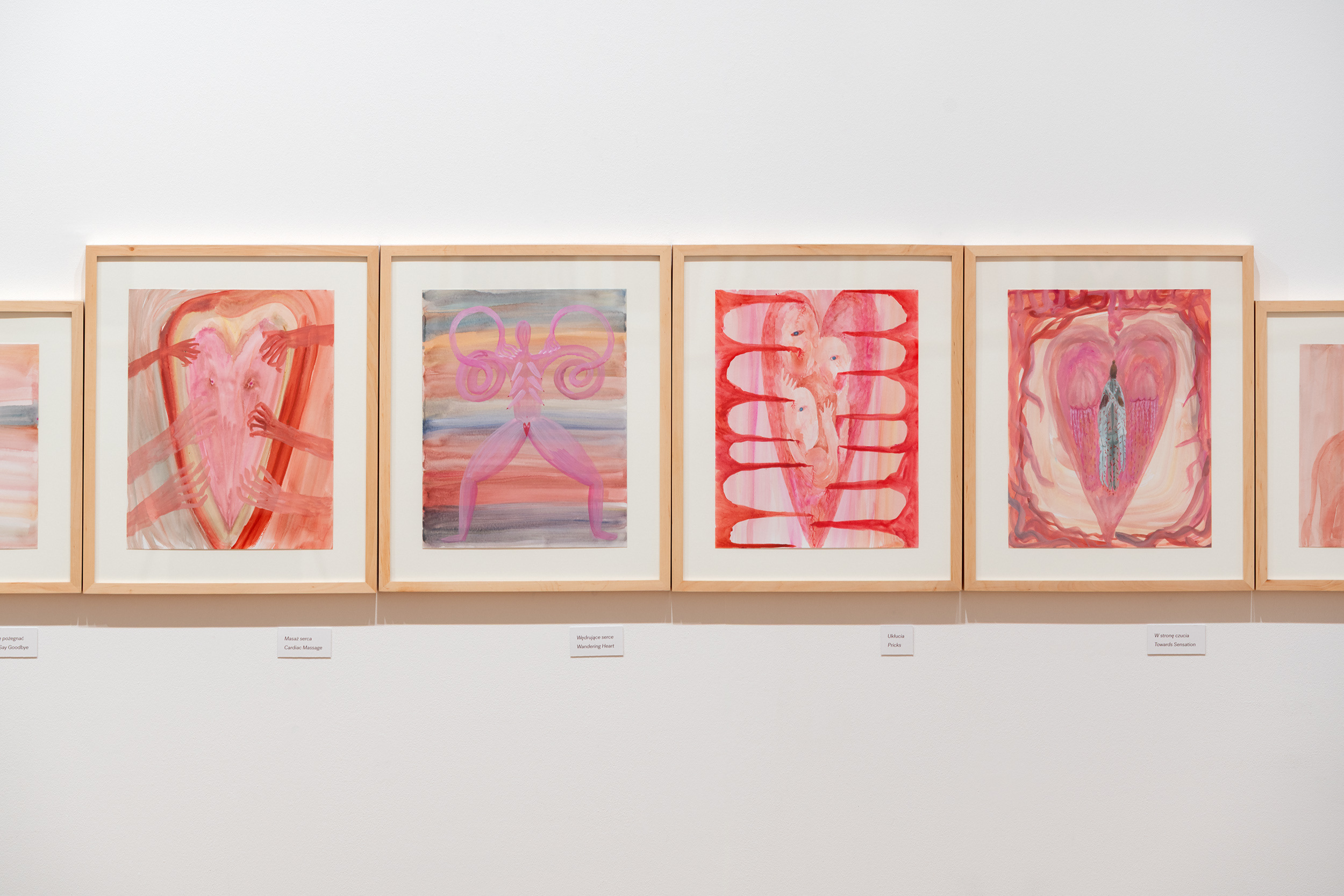
Exhibition view, Joanna Fluder. Slime, Zachęta – National Gallery of Art., 25.07- 19.10.2025, photo by Maciej Landsberg/Zachęta archive, CC BY – SA
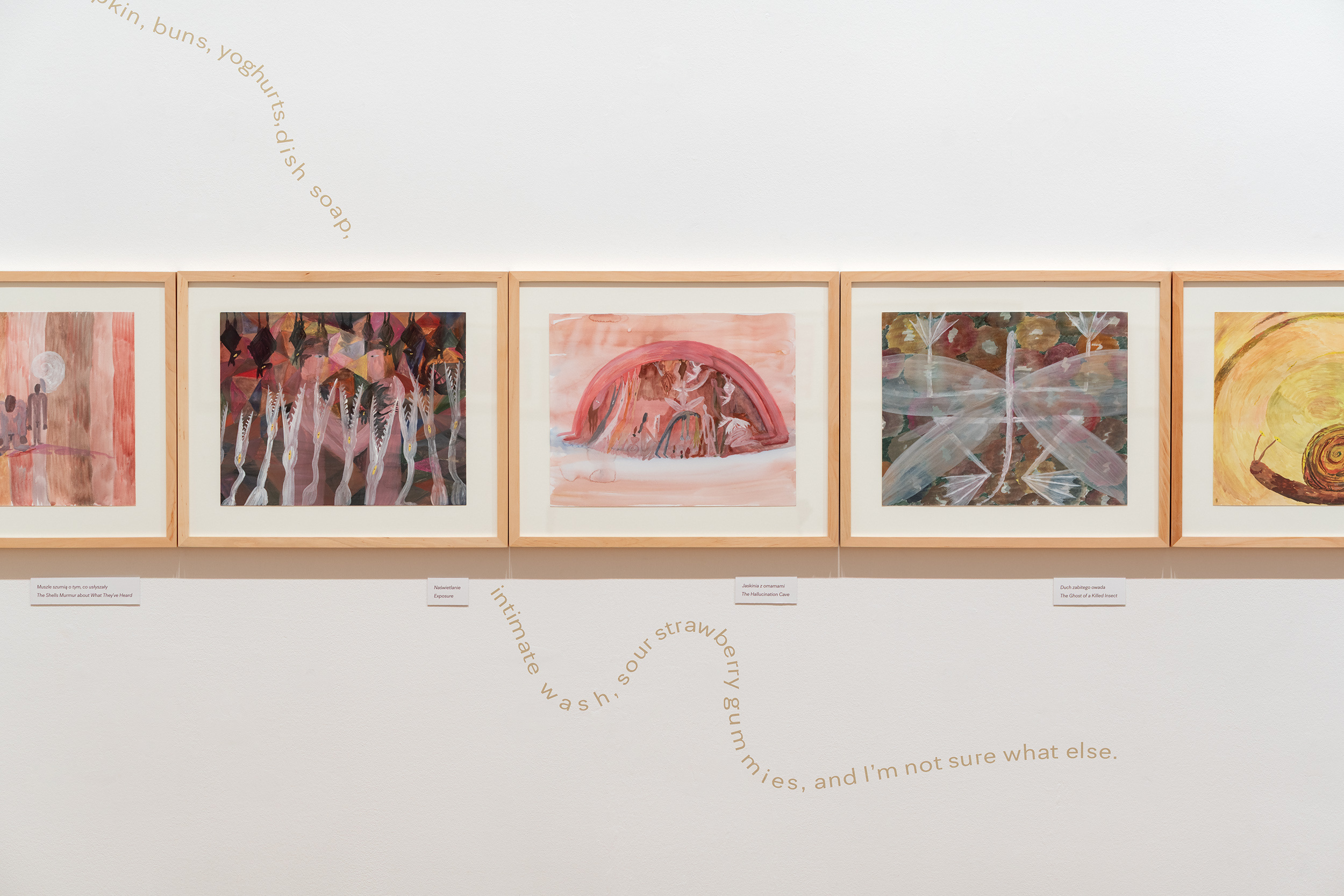
Exhibition view, Joanna Fluder. Slime, Zachęta – National Gallery of Art., 25.07- 19.10.2025, photo by Maciej Landsberg/Zachęta archive, CC BY – SA
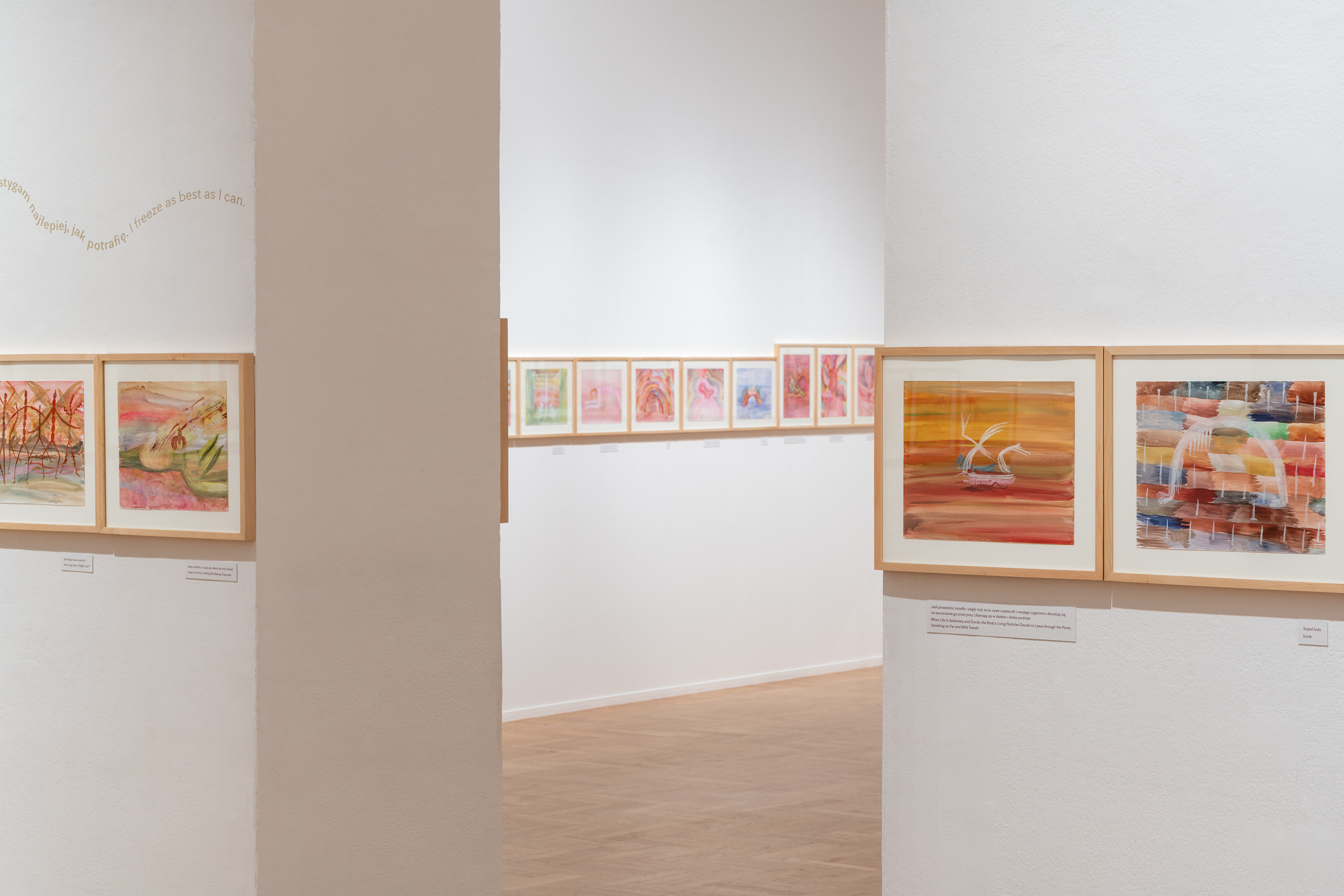
Exhibition view, Joanna Fluder. Slime, Zachęta – National Gallery of Art., 25.07- 19.10.2025, photo by Maciej Landsberg/Zachęta archive, CC BY – SA
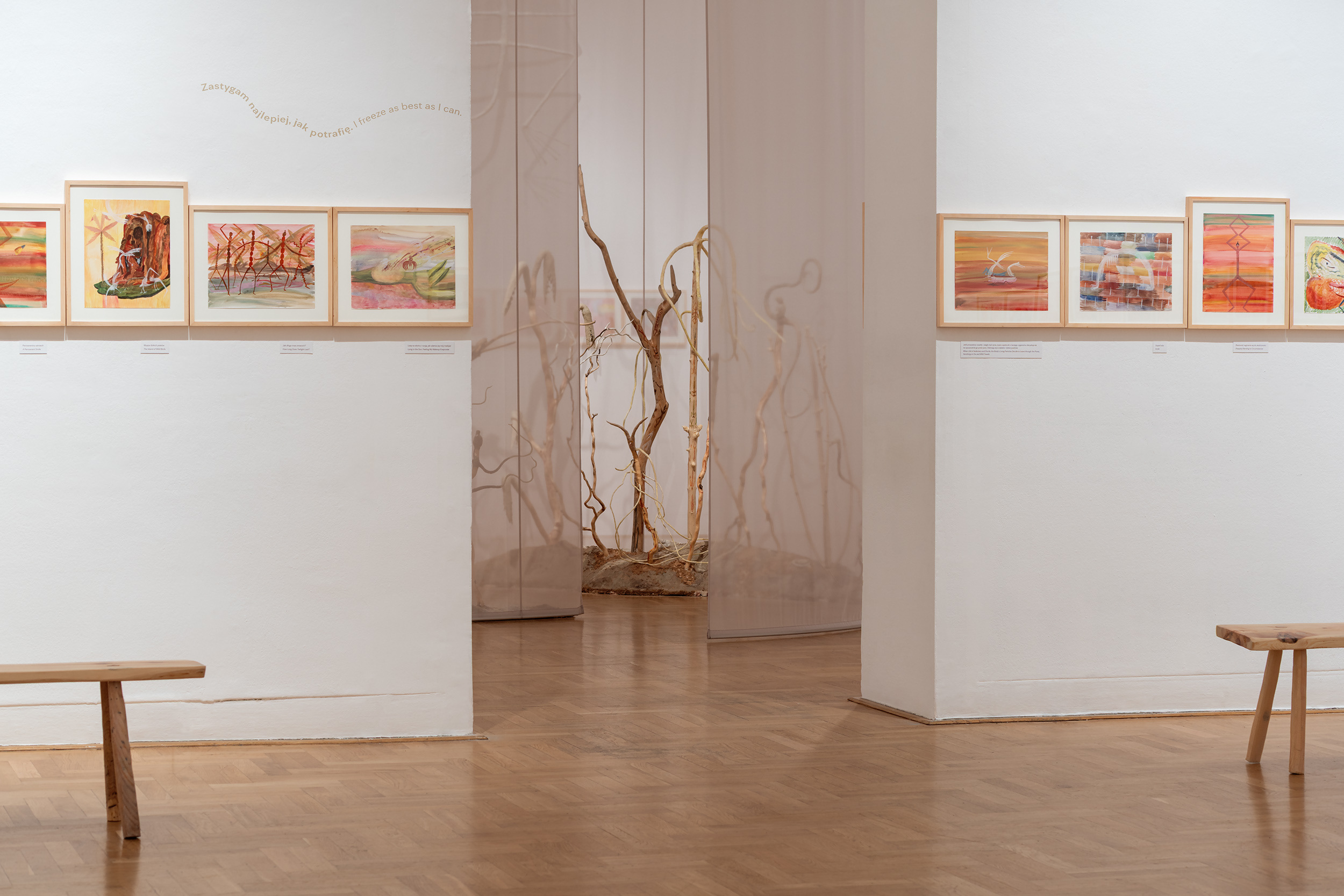
Exhibition view, Joanna Fluder. Slime, Zachęta – National Gallery of Art., 25.07- 19.10.2025, photo by Maciej Landsberg/Zachęta archive, CC BY – SA
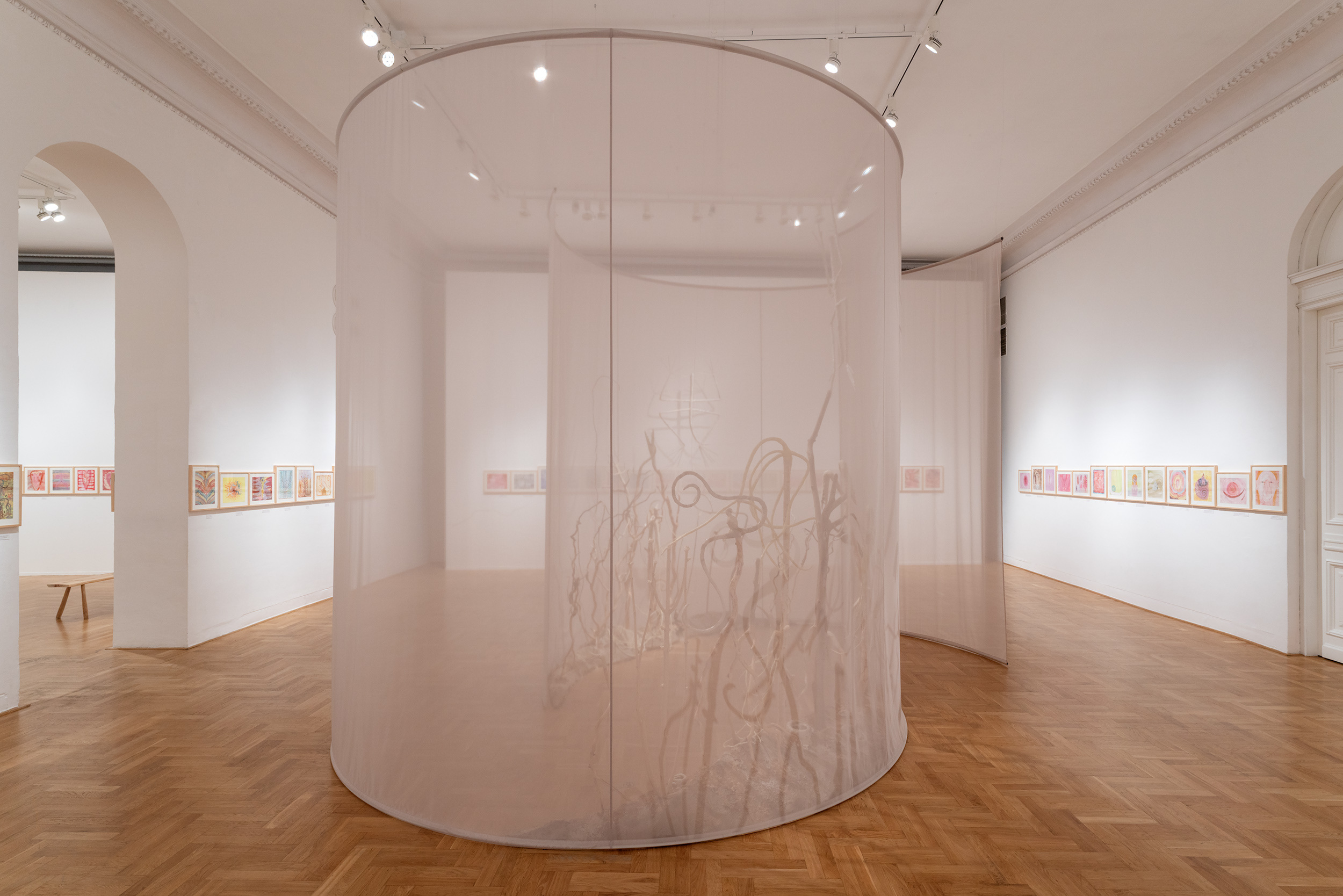
Temple of Dormant Vegetation, 2025, installation, exhibition, Joanna Fluder. Slime, Zachęta – National Gallery of Art., 25.07- 19.10.2025, photo by Maciej Landsberg/Zachęta archive, CC BY – SA
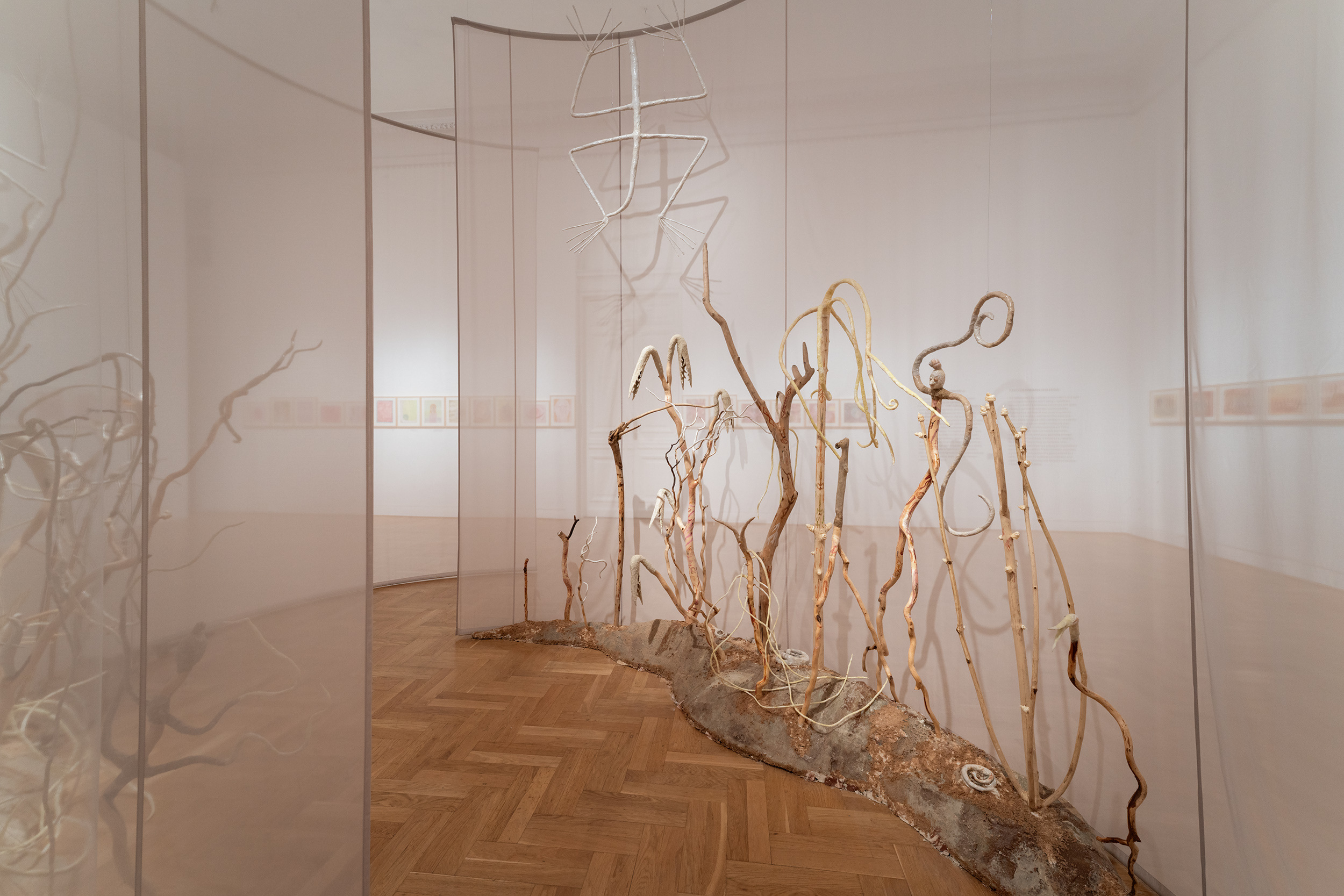
Temple of Dormant Vegetation, 2025, installation, detail, exhibition, Joanna Fluder. Slime, Zachęta – National Gallery of Art., 25.07- 19.10.2025, photo by Maciej Landsberg/Zachęta archive, CC BY – SA
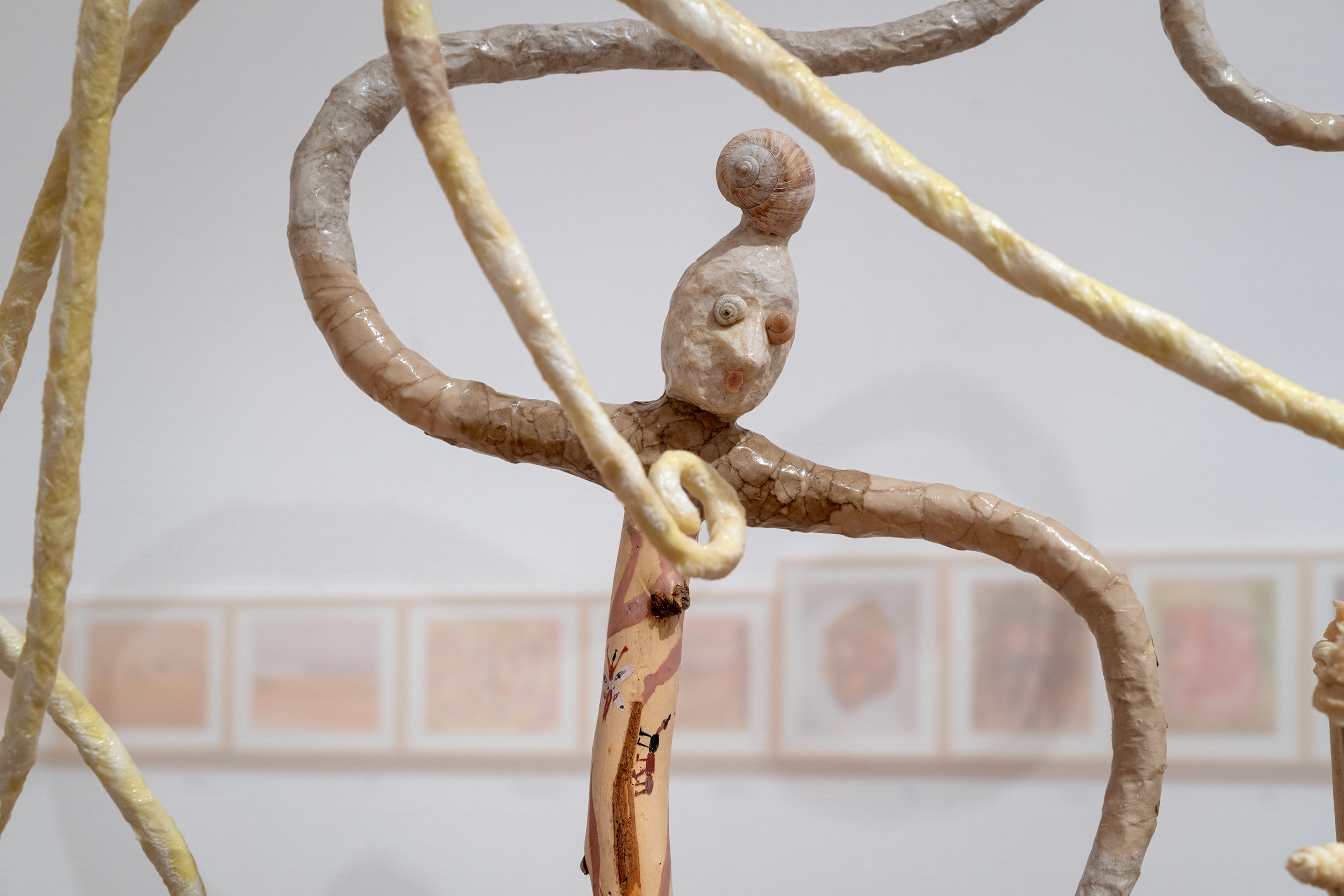
Temple of Dormant Vegetation, 2025, installation, detail, exhibition, Joanna Fluder. Slime, Zachęta – National Gallery of Art., 25.07- 19.10.2025, photo by Maciej Landsberg/Zachęta archive, CC BY – SA
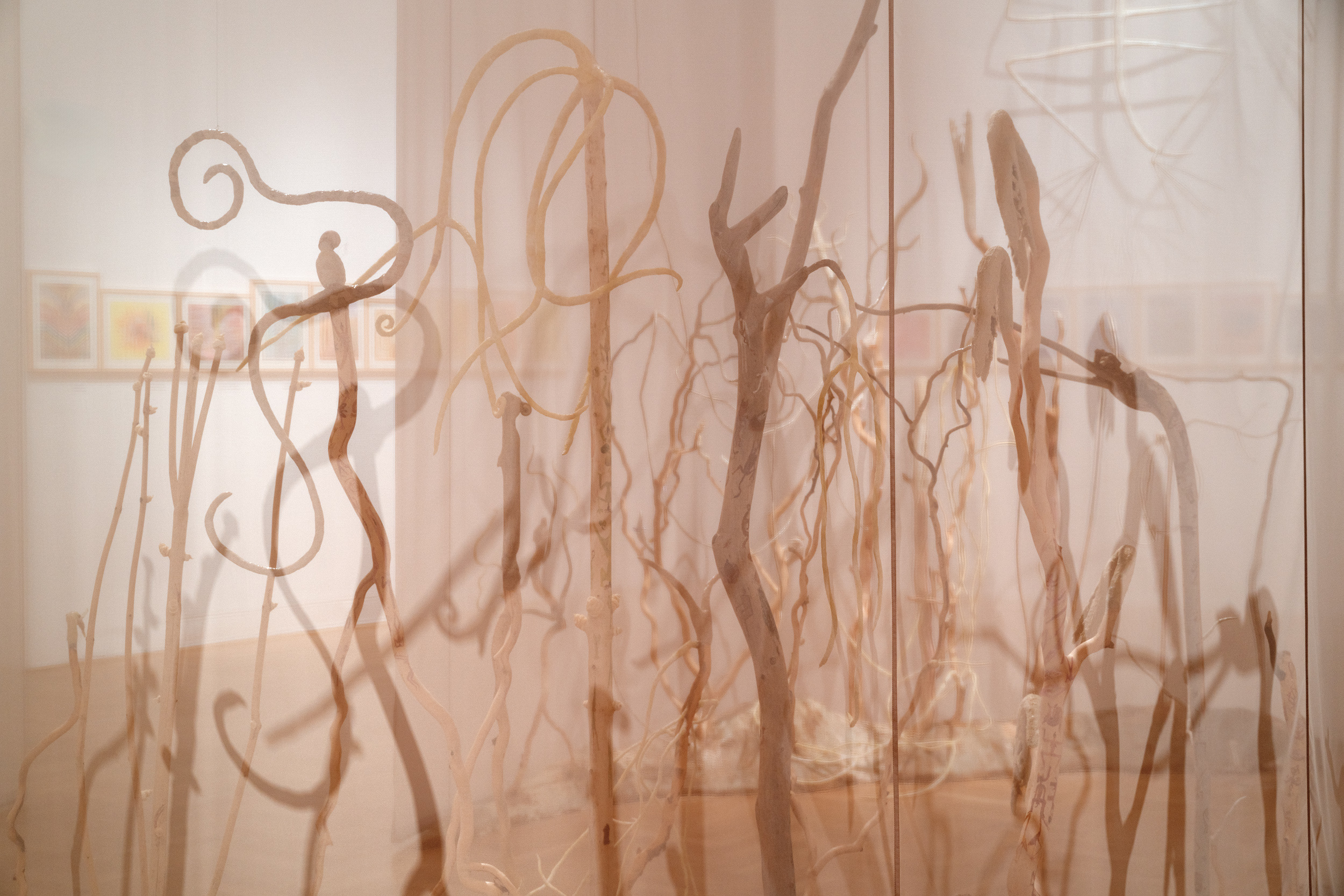
Temple of Dormant Vegetation, 2025, installation, detail, exhibition, Joanna Fluder. Slime, Zachęta – National Gallery of Art., 25.07- 19.10.2025, photo by Maciej Landsberg/Zachęta archive, CC BY – SA
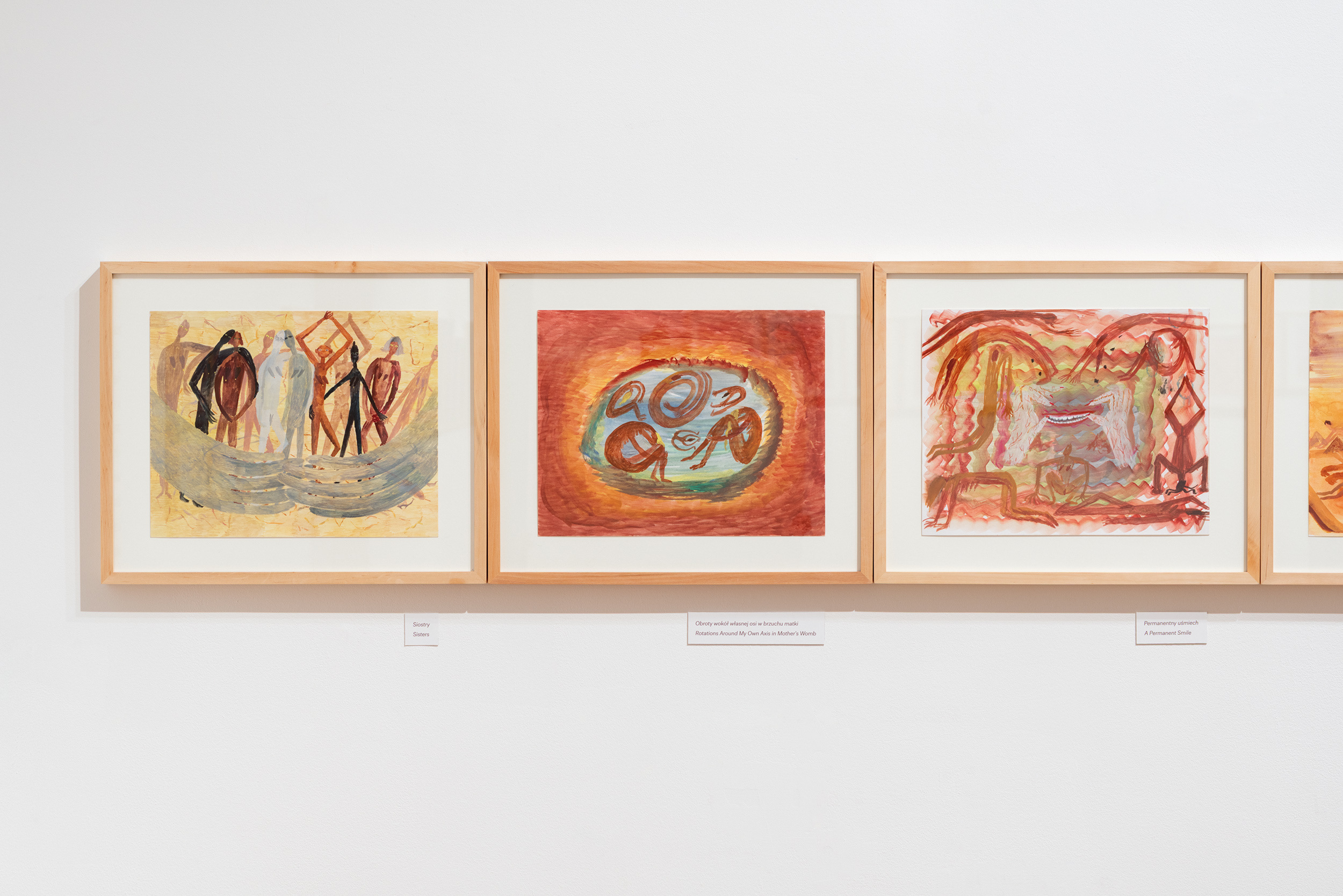
Exhibition view, Joanna Fluder. Slime, Zachęta – National Gallery of Art., 25.07- 19.10.2025, photo by Maciej Landsberg/Zachęta archive, CC BY – SA
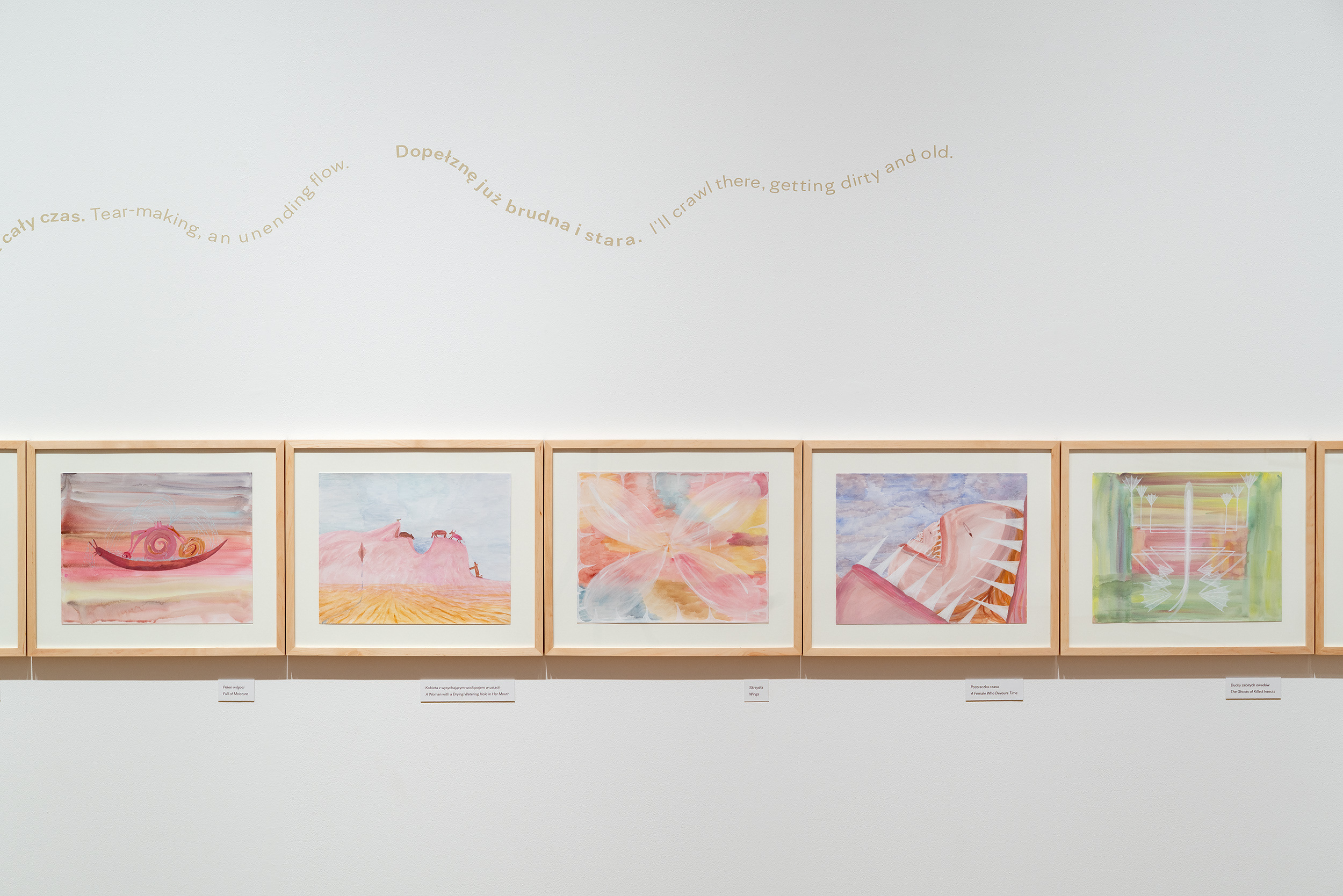
Exhibition view, Joanna Fluder. Slime, Zachęta – National Gallery of Art., 25.07- 19.10.2025, photo by Maciej Landsberg/Zachęta archive, CC BY – SA
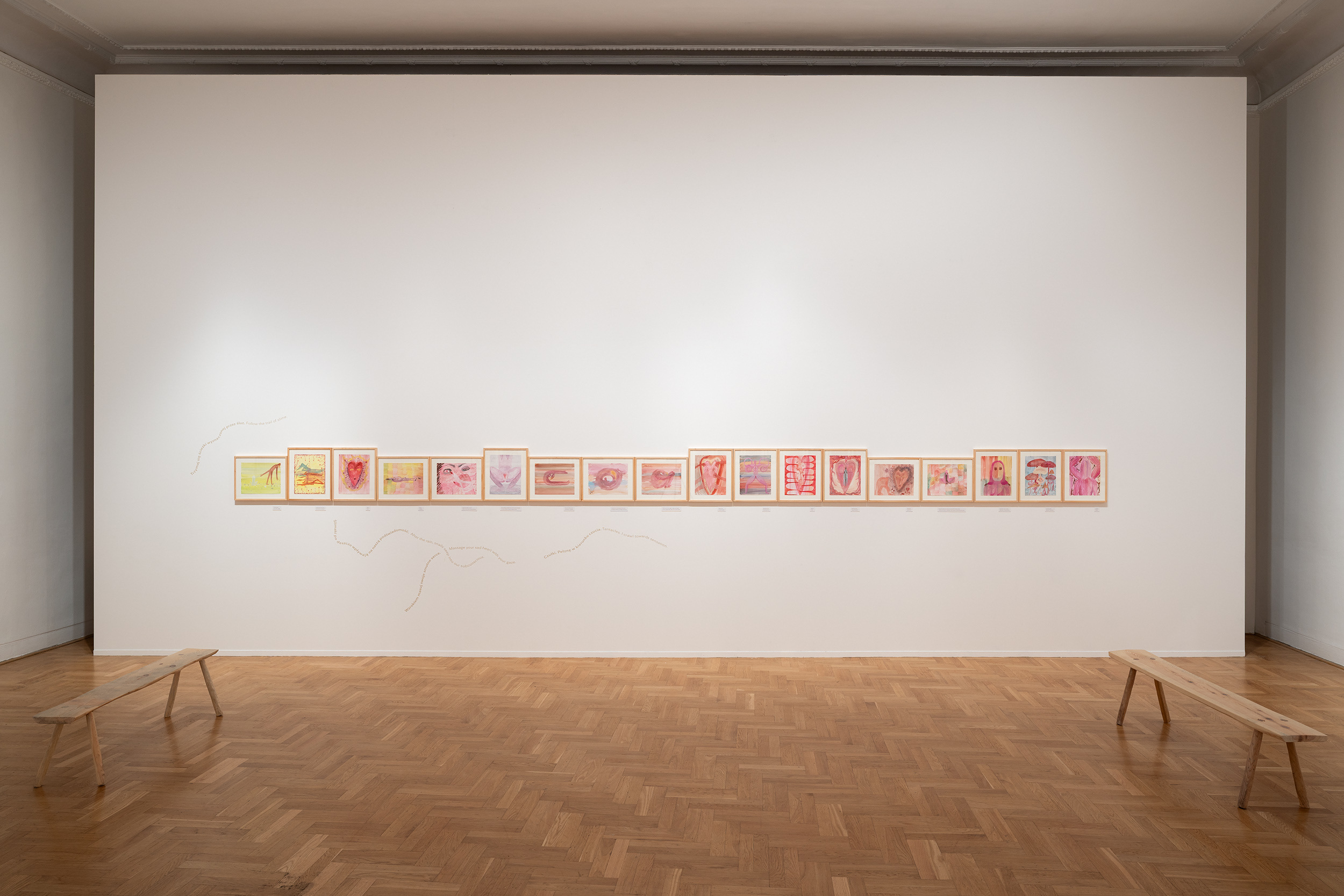
Exhibition view, Joanna Fluder. Slime, Zachęta – National Gallery of Art., 25.07- 19.10.2025, photo by Maciej Landsberg/Zachęta archive, CC BY – SA
The Slime exhibition presents a selection of 140 recent gouaches on paper or canvas, and premiere installations created especially for the space of Zachęta. Joanna Fluder has developed her own artistic language that combines surrealism, personal mythology, humour, and a vivid imagination. In her works, she talks about women’s everyday experiences, motherhood, neurodivergence, creative work, the social role of care, and the relationship with the surroundings, especially nature.
The recurrent motifs of snails and insects are a metaphor for the experience of “inconspicuous persons”, which transcends species, and for their alternative ways of being – quiet, deliberate, and ineffective by common social standards. In weak, helpless, beyond-human beings, the artist finds the figures she needs to talk about her experience as an artist, mother, sister, and daughter, as well as patterns of emancipation.
For years, she has worked at home, creating her art on the kitchen table while also raising her children. This is reflected in the sketch-like, expressive nature of her art, often used to quickly record her dreams, memories, and everyday situations. For the artist, painting has become a form of therapy and a way to voice her opposition to social norms. Another important aspect of her work is cooperation with children, who inspire her with their imagination, bring back memories of her own childhood in the country, and help her unlearn the strict patterns of thought.
The titular “slime”, which refers to the trail left by the snail, becomes a symbol of creative existence. It stands for presence, action, and persistence despite pressure. The figure of the snail reflects Fluder’s artistic stance: experiencing the world with your whole body, carrying your home on your shoulders, and following your own rhythm regardless of the rules imposed by the outside world.

